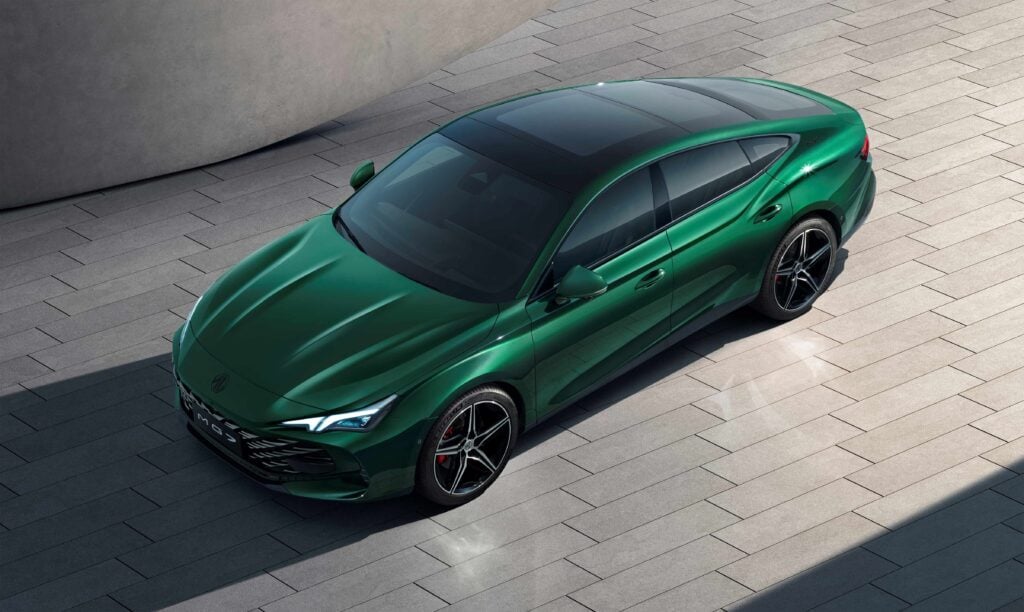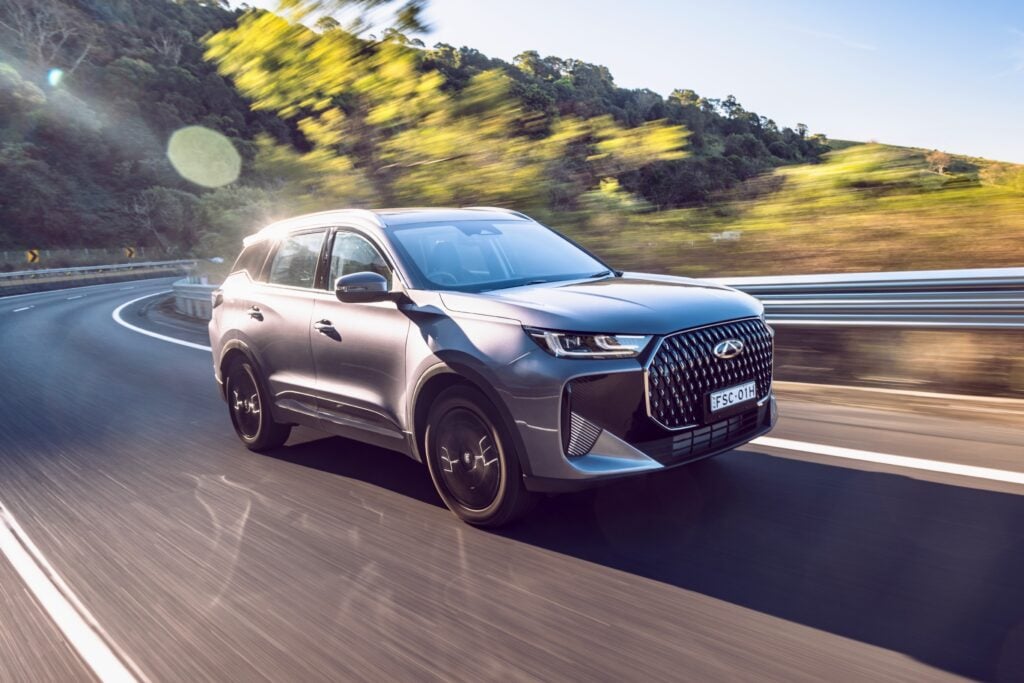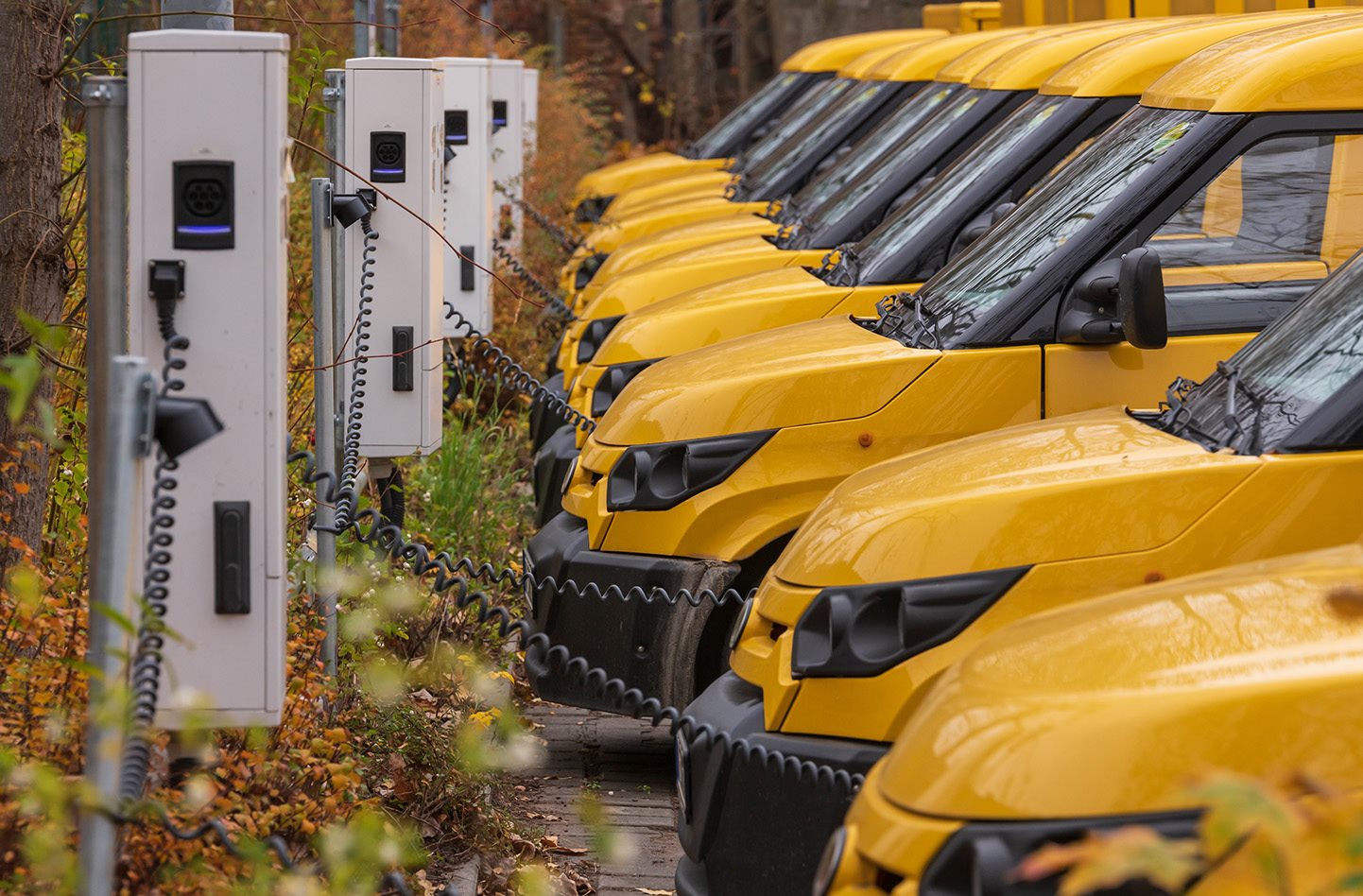
United States President Joe Biden’s decision to revamp the 645,000-strong US Government fleet with electric vehicles has the potential to boost the total number of EVs in petrol-hungry America by 40 per cent
It’s lead to calls for Australian state and federal governments to do the same.
According to Electric Vehicle Council CEO Behyad Jafari, fleets account for 52 per cent, or about half a million, of Australian annual vehicle sales
Such a move would provide a huge boost to local EV sales and certainty for vehicle manufacturers and investors in related infrastructure, such as charging networks.
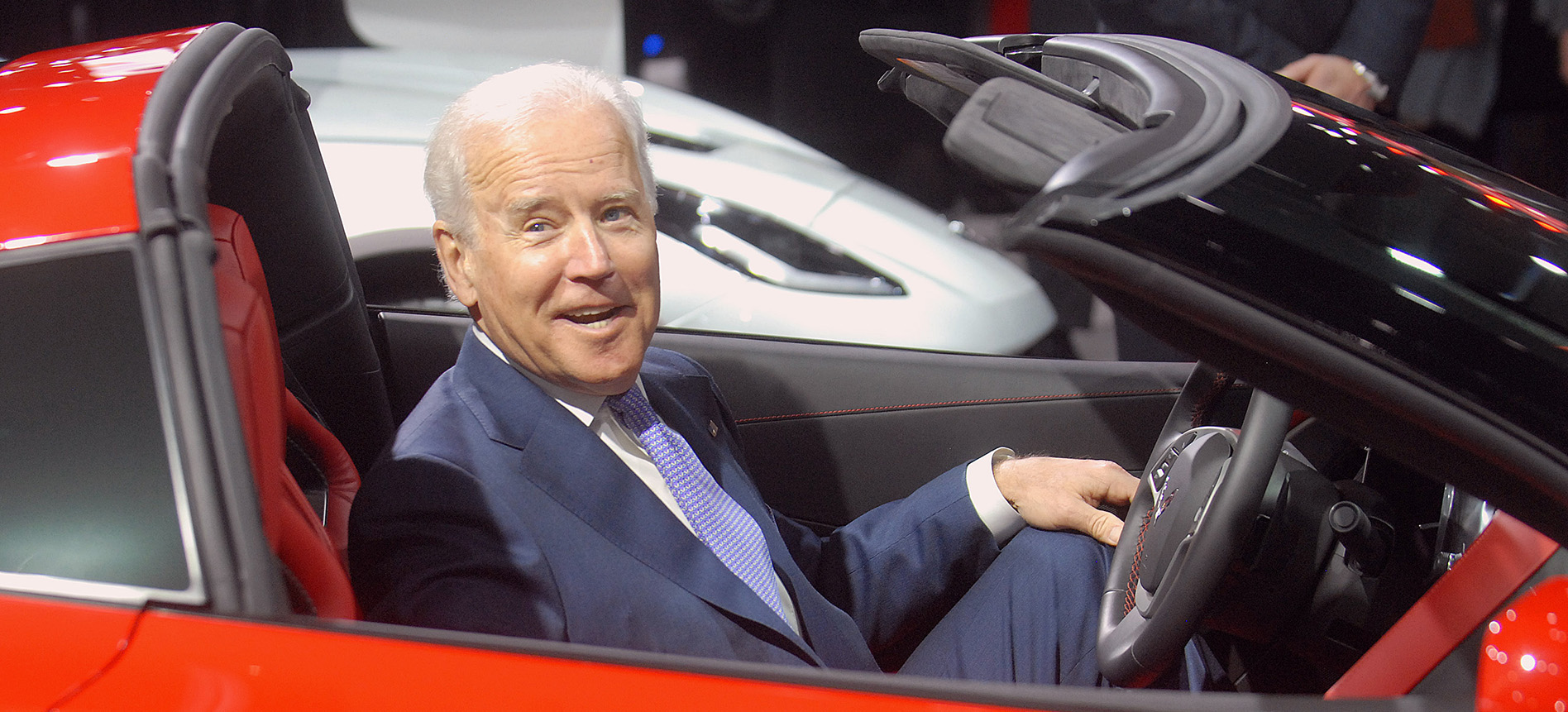
Jafari said it would also encourage corporate fleet buyers to overcome their hesitation to go electric. So far, only the South Australian and ACT governments have committed to electrifying their vehicle fleets.
Federal Chamber of Automotive Industries (FCAI) Chief Executive Tony Weber agrees, telling WhichCar the Biden Administration’s decision will encourage manufacturers to produce more models – thus increasing the economy of scale that should result in an initial drop in EV prices.
He said it would also drive further investment in research and development that will lead to cheaper battery technology and greater range, taking EVs prices into the mainstream.
Weber added that the US and China – the two biggest markets in the world – accounted for 40 million of about 90 million cars sold in 2019, meaning the US’s decision to follow China and Europe down the EV path will have a significant global impact.
“It is inevitable that the world is moving to EVs and such support from the Australian Federal Government will only hasten things here.”
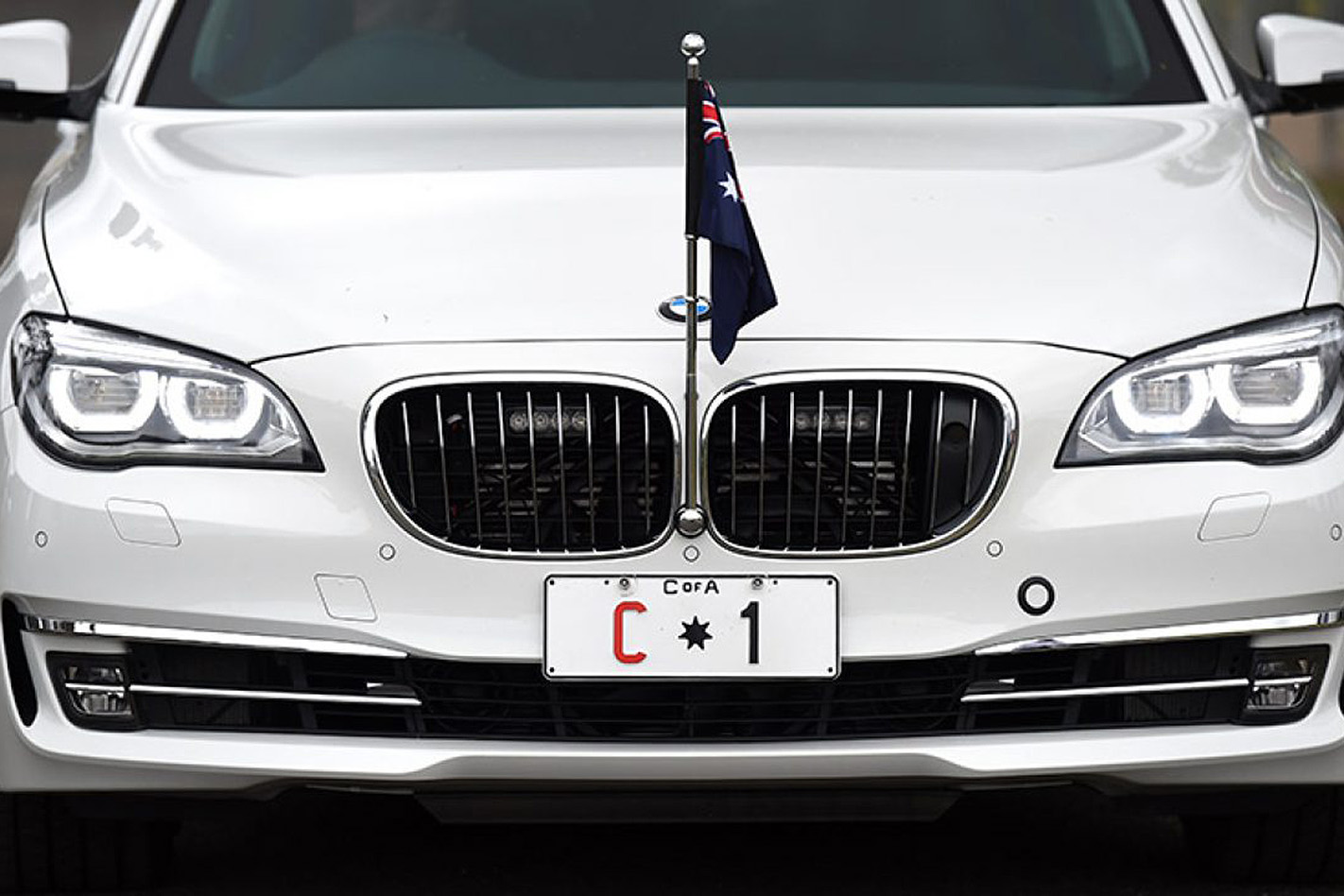
Another benefit of Australian Government fleets going electric is that, within a few years, there will be many more affordable used EVs on the Australian market with plenty of life left in them.
At the moment there are only about 10,000 EVs in Australia, owned mostly by private buyers who are likely to hold on to them for several years.
However, if Australian Governments switched to EVs, it would see many thousands of EVs on the used car market within a few years, offering opportunities for people on lower incomes to embrace emissions-free driving.
Jafari reckons by then there will be a huge demand for EVs in Australia, especially if the Biden administration’s polices see a seismic shift in electrification in the US.
The Biden policy specifies all US government EVs will be locally built, which should benefit start-up brands like Rivian
“Because we share closer cultural ties with the US compared to Europe, China and Norway, moving to EVs will be considered more doable here,” he said.
“It will make the Australian public start asking why it can’t be done here, and encourage governments to make decisions.”
More Biden EV incentives on their way
President Biden is also expected to make good of his election pledge to provide US$400 billion (A$550 billion) to help Americans transition to electric vehicles by supporting the development of advanced battery technology, and assisting states and counties to build a network of 500,000 vehicle chargers across the country by the end of 2030.
He also foreshadowed extending tax credits for EV buyers by extending the scheme that sees the Federal Government subsidise EVs via a US$7500 (A$10,300) consumer tax break for the first 200,000 vehicles a carmaker sells.
Weber said the significance of the President announcing the electrification of the Government vehicle fleet during his first busy week signals the seriousness with which the new Administration takes the need to provide EV incentives.


